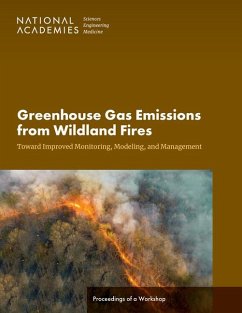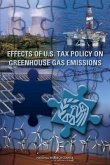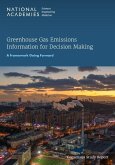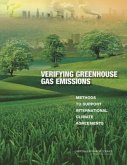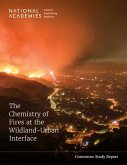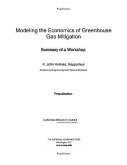Climate change is fundamentally changing ecosystems and their fire conditions, and the 2023 fire season highlighted the urgency of developing and implementing solutions to address wildland fires. Wildland fires transfer carbon between the land and the atmosphere through emissions of greenhouse gases (GHGs), along with other gasses and particles. Though fires can be a natural part of healthy, evolving ecosystems, large, uncontrolled wildland fires can have devastating consequences to human health, communities, and biodiversity. Human-driven changes in wildland fire regimes have the potential to increase GHG emissions at a scale that could inhibit global efforts to achieve net-zero GHG emissions in the coming decades. The National Academies of Sciences, Engineering, and Medicine convened a workshop on September 13-15, 2023, to identify opportunities to improve measurements and model projections of GHG emissions from wildland fires and discuss management practices that could be incorporated into current and future action plans. Participants emphasized the importance of learning from historic and current Indigenous fire management practices and centering Indigenous voices and leadership across all stages of fire management. Different global ecosystems - particularly temperate, boreal, and tropical biomes - have been impacted by climate and land use changes where historical fire regimes and the carbon balance have been disrupted. However, discussions highlighted the diverse set of available regionally differentiated and ecosystem-appropriate mitigation strategies. With improved understanding of fires and their GHG emissions, better information for mitigation and management, and incorporation of wildfire GHG emissions into national accounting mechanisms, practitioners, communities, and decision makers will be better equipped to prepare, adapt, and respond to future wildland fires.

